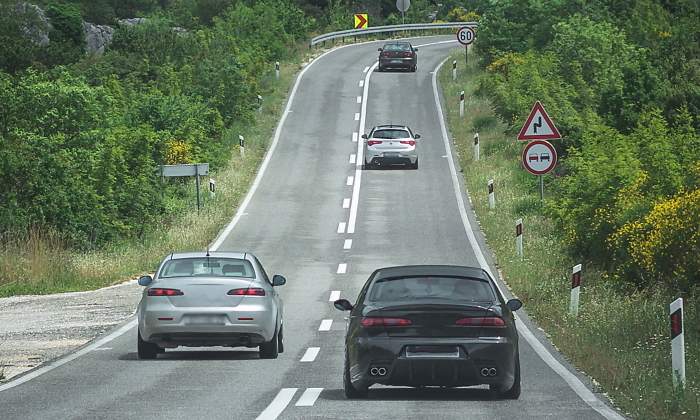
Running tolerance falls short
It seems that, little by little, it is beginning to be understood that speed kills and that it is worth putting more limits on the excessive and lethal speeds of the Spanish roads. The debate over speeds has gone on for decades. The first serious limits were imposed in 1976 and since then accident scholars have not hesitated to announce that excessive speed continues to kill.
Every year there are demands from groups of drivers to eliminate some limitation of speeds on highways, roads and streets. Luckily it is one of the issues where the General Directorate of Traffic gradually becomes firmer. Speed limits are a clear basis for getting closer to vision zero. They have already killed too many fellow citizens with the desire to run and with the argument that there is freedom of expression also in the lethal speed on the roads.
This year – finally – there have been several decisions by the State that put more control over this freedom to kill. First, the limitation to 90 km/h on conventional roads. Second, the approval of limits of 30 km/h in most urban streets. It does not prevent many deaths, but it seriously limits the number of people injured in mobility in our cities – a figure that has not stopped increasing since the 1960s. And now the elimination of 20km/h has come, by deleting the phrase end of the law that said: “in overtaking movements the speed limit can be exceeded by 20 km/h.”
This tolerance was outrageous. 20% of road fatalities are (so far) due to overtaking and in frontal collisions. This is sufficient proof that speed is very dangerous and that every year it takes its toll of life.
Scholars of road safety know that the death toll increases with the 4th power of speed. So a limitation of 20 km/h in many movements has a direct and incontestable effect on safety and the number of deaths and injuries from different considerations.
With this scientific basis, the limitation of the highest speeds (in situations of overtaking) is a good step in road safety and in getting a little closer to being able to meet vision zero.
Much remains, and for this reason it is sad that various motorist associations speak out denying reality. There are enough reasons to seek healthy speed on our roads and streets. The sad thing is, those who call themselves motorist advocates have fallen asleep in class. It is necessary to ask ourselves if the people who run these types of organizations really work for the safety of their associates. Every year they show that they lack to read and understand what the experts have been able to demonstrate.
By the board of P (A) T











